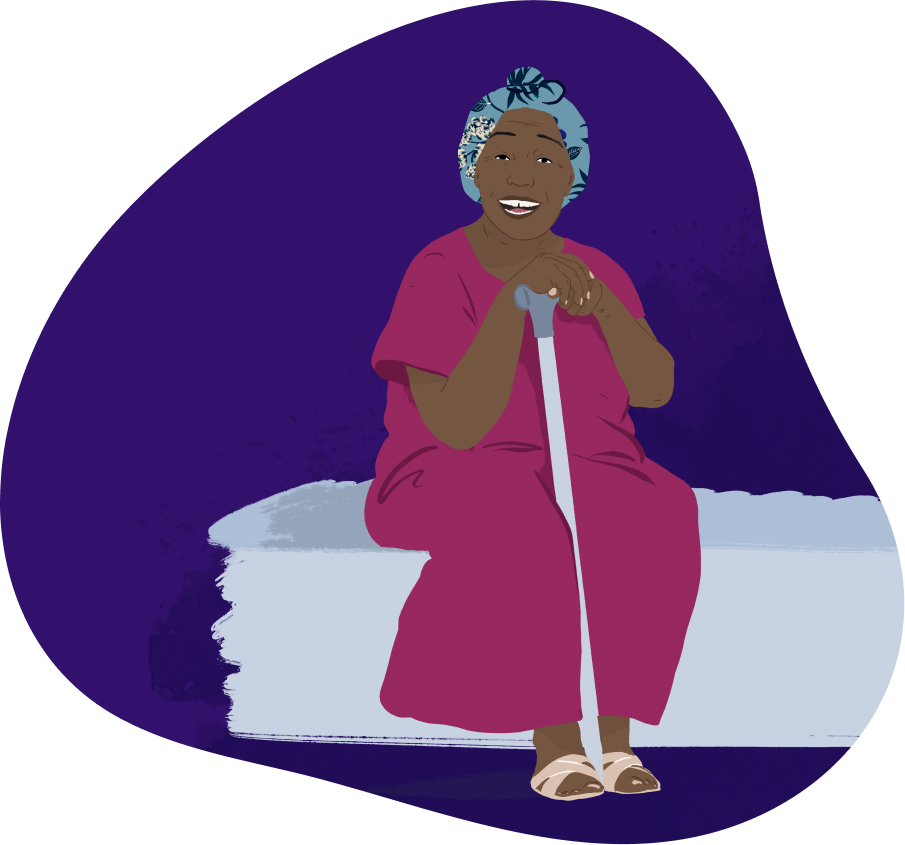Taking Stock & Synthesizing What We Know
Through our practice-based learning, we are helping to connect the dots from program design to implementation and impact. Our Learning From Practice Series collates many of these insights, articulating the “how-to” behind essential program components that are often overlooked. For instance, we unpack what it means to create an organizational culture for social justice activism (Paper 1), ways in which organizations can demonstrate solidarity in action (Paper 5) and considerations for designing programs that can simultaneously address violence against women and violence against children (Paper 7).
For a deeper dive into programming details, we created the Programming for Prevention Series. This collection includes tools and other resources informed by Raising Voices’ direct experiences in safe and ethical programming and is intended for organizations that are implementing SASA! or similar prevention methodologies. Each program brief provides specific guidance around a common challenge—for example, how to ensure fidelity to the SASA! approach (Brief 2), how to adapt SASA! for humanitarian settings (Brief 6) and more.
As the COVID-19 pandemic continues, our practice-based learning is currently oriented around understanding how this crisis is altering the landscape of violence against women prevention. We’ve conducted interviews and surveys, as well as engaged with partners around the world, to better understanding the gendered dynamics of the pandemic and the realities of feminist organizations stepping up and showing inspiring leadership during this time. As part of our commitment to actionable learning, findings have informed our Practice in terms of new programming materials and Influencing initiatives.
Partnering for Robust, Action-Oriented Research
We collaborate with feminist academics and like-minded institutions to pursue research that complements our own skills. Highlights from recent partnerships include:
The London School of Hygiene and Tropical Medicine is our longest academic collaboration, starting with the SASA! Study from 2007 to 2013. We are currently working with the university to assess a radio adaptation of SASA! Together, intended to enhance our violence prevention’s reach, inclusivity and impact.
Our partnership with the Global Women’s Institute is designed to embed critical learning at each step of our new SASA! Together cohorts—exploring everything from the quality of our online training platform to the highs and lows of the partnership experience to organizational dynamics and community engagement with the program.
From 2016 to 2019, we teamed up with the University of California, San Diego to investigate what it takes to adapt SASA! in the diverse contexts of Haiti (with Beyond Borders), Kenya (with the International Rescue Committee) and Tanzania (with Women’s Promotion Centre). We synthesized our learning in accessible resources and integrated these lessons as part of the SASA! Together revision.
In 2015, we co-led a study with Columbia University to understand the lived experiences of violence against women and violence against children occurring in the same household. Learn more here!
A Systematic Approach to Learning & Assessment
Acknowledging that everyone has a unique learning style and valuable insights to share, we use a variety of approaches to spark curiosity, hone our skills and evolve our organizational learning culture. We dedicate significant organizational time to internal learning pursuits, such as our “Learning Circle” series, where we take a deep dive into issues that are cross-cutting with our work, such as feminism and mental health. We also learn through ongoing staff development opportunities, weekly team meetings, longer retreats and workshops.
Organizational learning also requires consistency, structure and mechanisms to integrate findings in real time. We use an organizational learning and evaluation framework to rigorously track our work in progress and evaluate whether (or not) desired changes are materializing. Each team has a set of key learning questions that link to indicators, creative data-gathering tools that blend quantitative and qualitative information, and clear time frames. Once per quarter, we sit down to identify emerging patterns together in our “Reflect and Act” sessions, culminating in a detailed plan to propel this learning into action.
